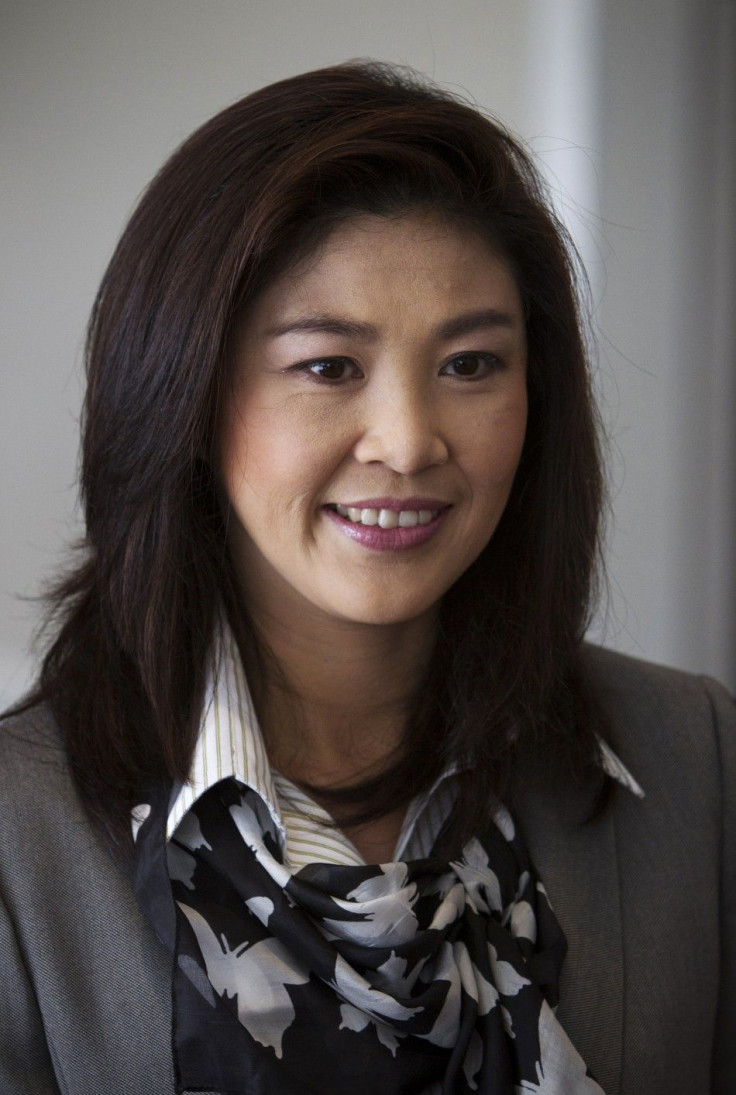Winds of change - Women set to rule the world?

There seems to be a wind of change across the world, with the advent of the first female Prime Minister in Thailand, women now seem to be more powerful than ever. With the growing dominance of women leaders globally, the world seems to be recognizing the power of women finally.
According to the preliminary results from Sunday's poll it can be concluded that Yingluck Shinawatra, the 44-year-old sister of former premier Thaksin Shinawatra, who is currently in exile, is on her way to win the majority required to form the next government. If she wins, this could lead to a short term stability in the volatile country and reduce the chance of another intervention by the coup-prone military in the near future.
The road to victory, however, was not an easy one, as the government had severely come down on Thaksin supporters with a heavy crackdown which resulted in one of the most violent protests that the country faced in last 20 years.
From Australia to Brazil, women are now on the front step everywhere, leading their male opponents quite convincingly. From the recent election of Christine Lagarde to the post of IMF chief, almost unanimously to the German chancellor Angela Merkel who has performed an outstanding job in running her country despite the prevailing economic weakness in the global world, women today seem to be in a much stronger place than men.
Also, in India which has a woman president as well as a woman who is heading the ruling party, the trend seems to continue, with women in the powerful positions everywhere. Sonia Gandhi, who is the head of the ruling party has led her party to victory for two times.
In Australia, Julia Gillard was able to replace Kevin Rudd as the prime minister and labor's leader, and has managed to tide over the waves despite the short term instability posed by the conservative Liberal-National coalition, headed by Tony Abbott.
In recent times, Brazil saw 62-year-old Rousseff become the first women president of the country, and is the successor of President Lula. She was a former Marxist rebel who was jailed and tortured in 1970-72 for resisting military rule. Later, she trained herself as an economist and worked her way up through local and state governments before joining President Lula's cabinet as energy minister in 2003-05.
With this kind of a rise of women into power positions, soon we will be seeing the weaker sex emerging as the stronger one and ruling the world.
© Copyright IBTimes 2024. All rights reserved.











